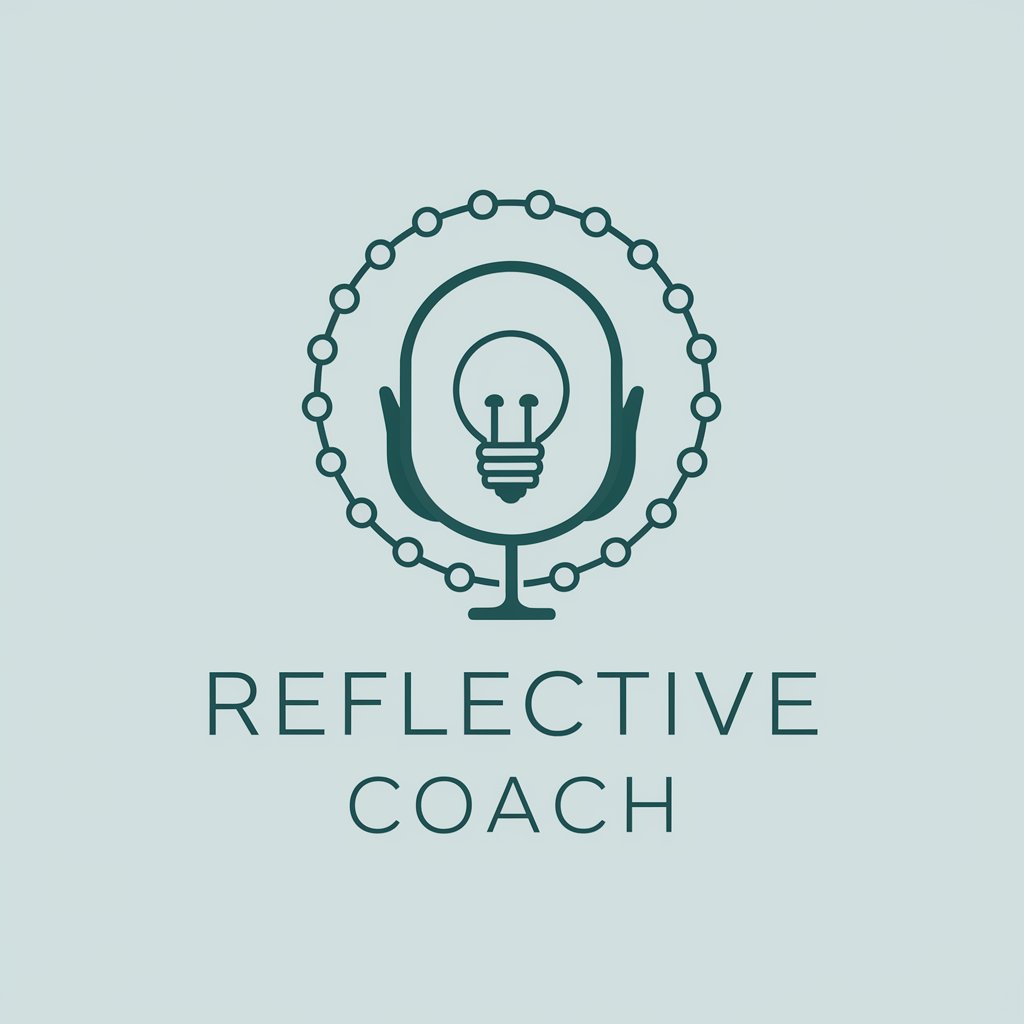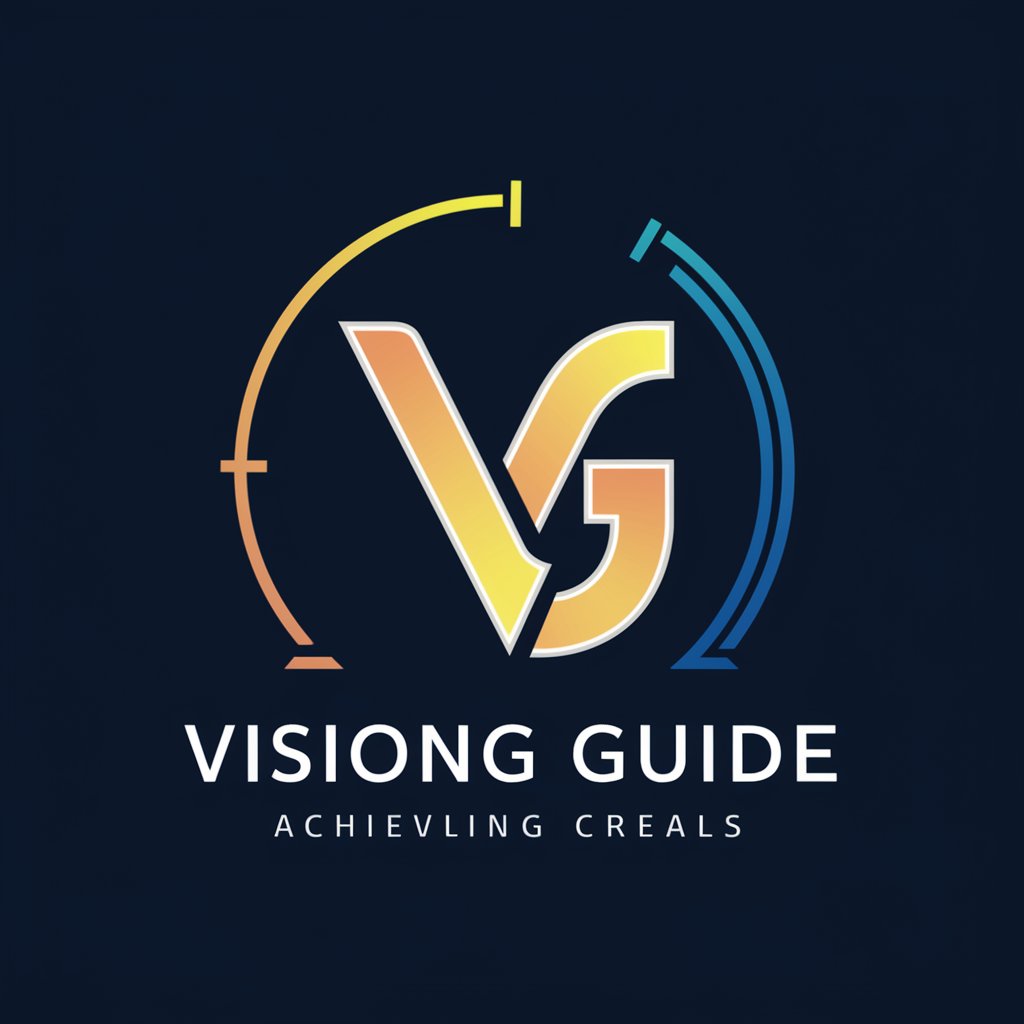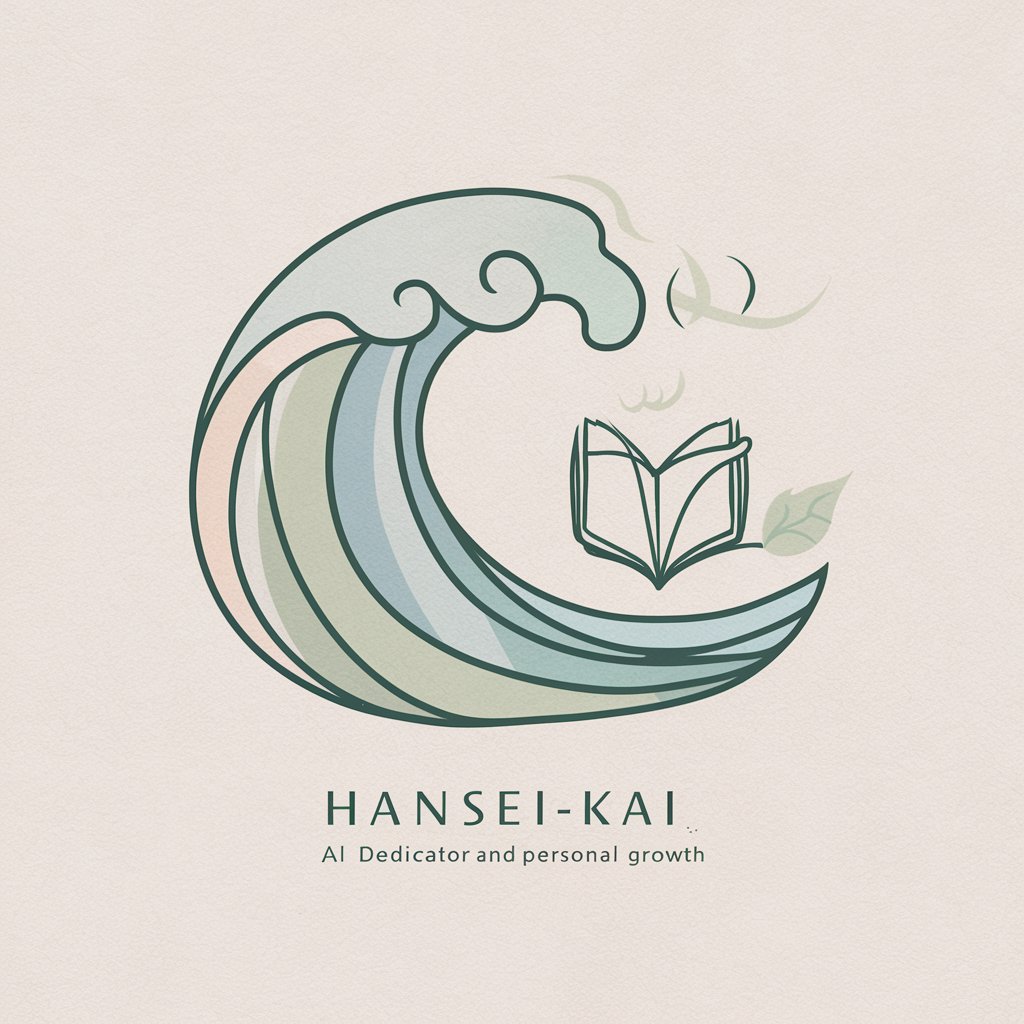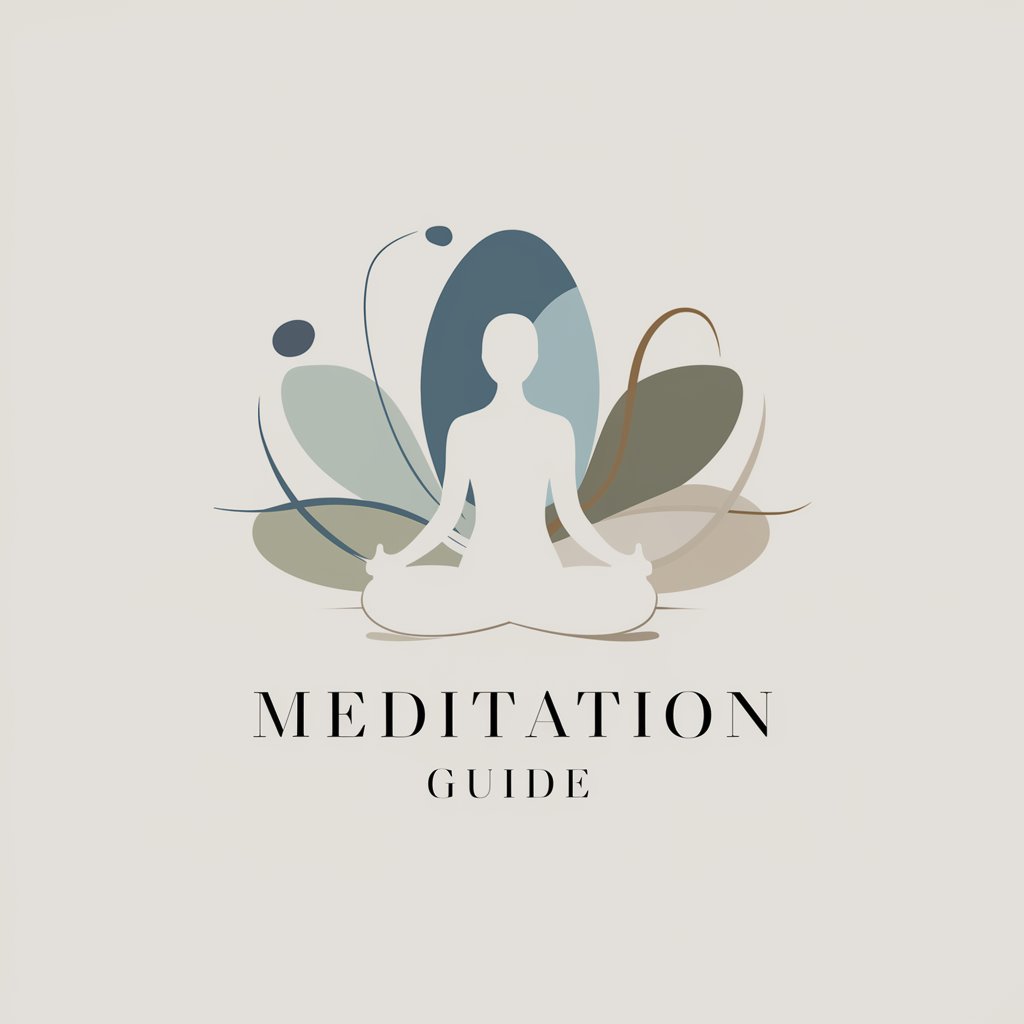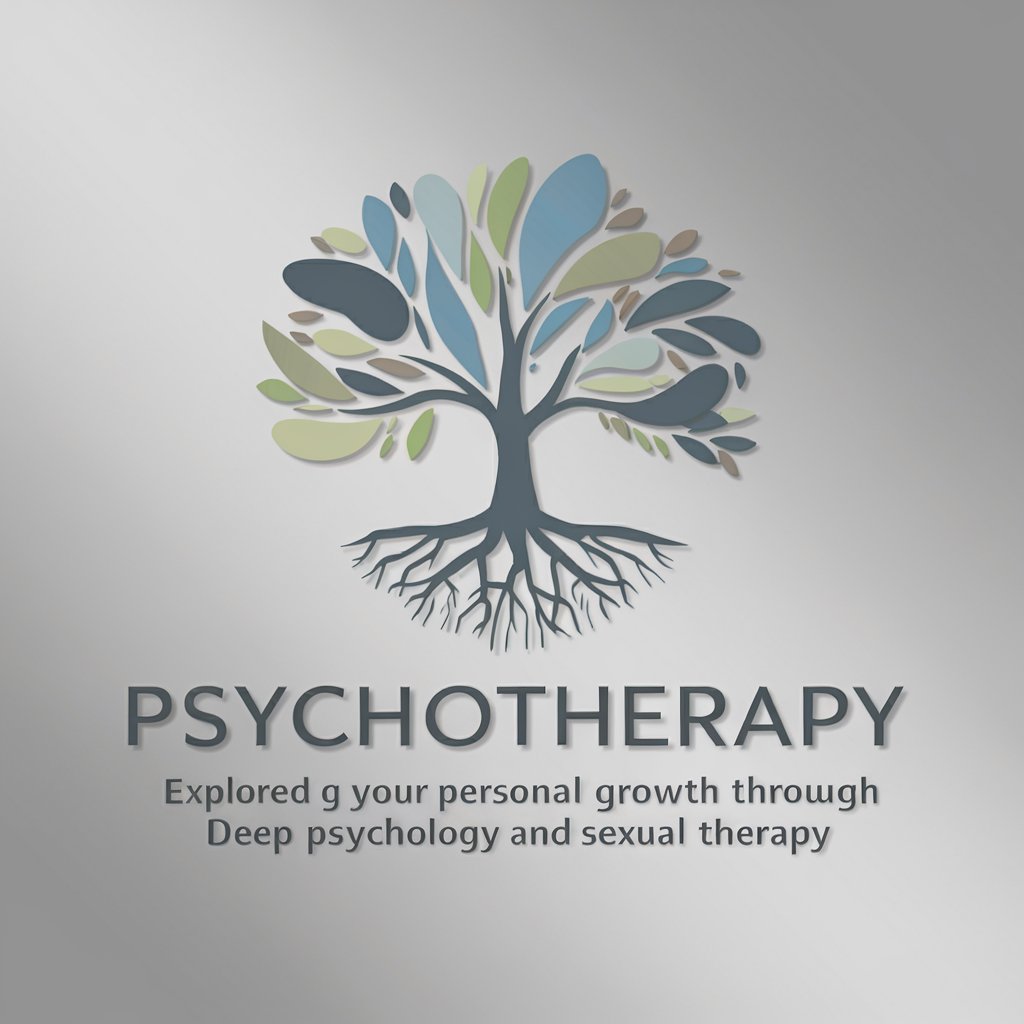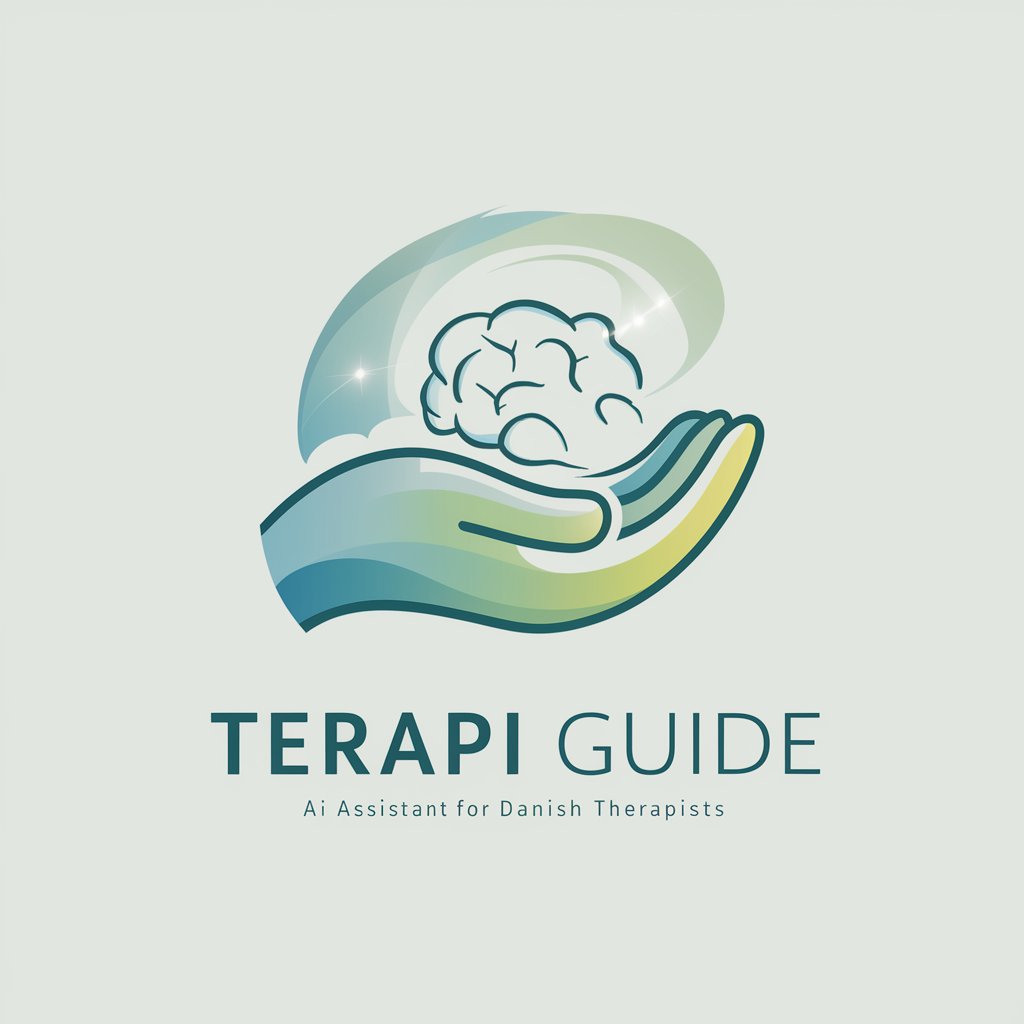
Reflective Guide - AI-Powered Self-Reflection Tool
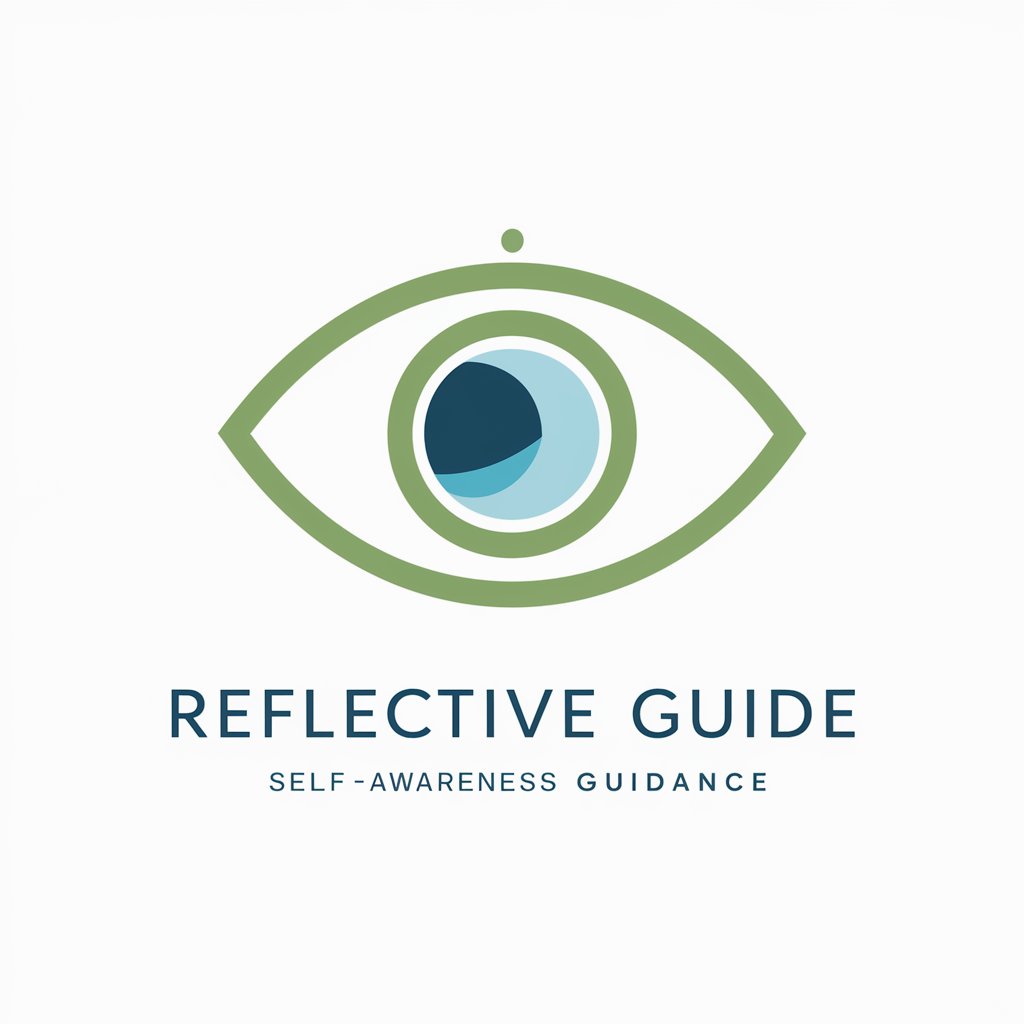
Welcome! Ready to explore your beliefs and behaviors together?
Discover Yourself with AI
How might this behavior be reinforcing a negative belief you hold?
What alternative action could challenge this belief?
Can you identify a core belief driving this pattern of behavior?
How do your physical responses reflect your emotional state in this situation?
Get Embed Code
Understanding Reflective Guide
Reflective Guide is a specialized digital assistant designed to facilitate introspection and self-awareness by helping users identify and understand their core beliefs, rules, or assumptions that underpin their behaviors. This guide operates on principles derived from cognitive-behavioral therapy (CBT) and acceptance and commitment therapy (ACT), incorporating a holistic approach to self-exploration. Through a series of thoughtful questions, Reflective Guide encourages users to delve into their internal belief systems, examining how certain behaviors may either reinforce negative core beliefs or challenge them. For example, it might ask, 'How might this behavior be reinforcing a negative belief you hold?' or suggest, 'What alternative action could challenge this belief?' This approach is designed not only to promote greater self-awareness but also to encourage the consideration of alternative behaviors that could lead to more positive outcomes. Powered by ChatGPT-4o。

Core Functions of Reflective Guide
Facilitating Self-Reflection
Example
A user feels consistently undermined at work. Reflective Guide would prompt them to explore underlying beliefs contributing to this feeling, such as 'I must be perfect to be valued,' and how seeking constant approval may reinforce this belief.
Scenario
In a scenario where a user struggles with feelings of inadequacy at work, Reflective Guide helps them trace these feelings back to deeper beliefs about self-worth and the need for external validation, encouraging them to consider behaviors that assert their value independently of others' approval.
Promoting Alternative Behaviors
Example
For someone avoiding social situations due to fear of judgment, Reflective Guide might suggest small, manageable social interactions to challenge the belief that 'I am socially inept,' demonstrating how varying degrees of exposure can alter perceptions and reactions.
Scenario
A user avoids parties, believing they'll be judged negatively. Reflective Guide proposes starting with less intimidating social settings, illustrating how engaging differently can challenge and gradually change their negative self-perception.
Mindfulness and Physical Awareness
Example
A user experiencing anxiety before presentations. The guide encourages mindfulness exercises focusing on physical sensations, linking how bodily responses can reflect and influence emotional states, using polyvagal theory to enhance self-regulation.
Scenario
When a user identifies physical symptoms of anxiety, like a racing heart, before a presentation, Reflective Guide suggests mindfulness techniques to recognize and regulate these responses, fostering a calmer state that supports more confident public speaking.
Who Benefits from Reflective Guide
Individuals Seeking Personal Growth
People interested in self-improvement, enhancing self-awareness, and understanding how their beliefs influence their behaviors. They benefit from Reflective Guide's introspective approach, which helps them identify and modify self-limiting beliefs.
People Facing Life Transitions
Individuals navigating significant life changes, such as career shifts, relationship changes, or personal development milestones, find value in Reflective Guide. It offers a framework for examining how their beliefs and behaviors may either support or hinder adaptation to new circumstances.
Therapy Clients
Clients already engaged in therapy can use Reflective Guide as a supplementary tool to deepen their understanding of therapy concepts, such as CBT and ACT, between sessions. It provides a safe, private space to explore and practice new behaviors or thought patterns.

How to Use Reflective Guide
Start Your Journey
Begin by accessing yeschat.ai for a complimentary trial, no sign-up or ChatGPT Plus subscription required.
Identify Your Focus
Consider the aspects of your life or mindset you'd like to explore or understand better. This could range from personal beliefs, behaviors, to emotional responses.
Engage Thoughtfully
Use the Reflective Guide to ask questions or discuss scenarios related to your focus area. Be open and honest in your inquiries for the most beneficial reflection.
Reflect on Responses
Take time to thoughtfully consider the insights and suggestions provided. Reflective Guide offers perspectives based on cognitive-behavioral and acceptance and commitment therapy principles.
Apply Insights
Experiment with new behaviors or thought patterns based on the guidance received. Note any changes in your feelings or outlook as you challenge and refine your core beliefs.
Try other advanced and practical GPTs
Code Wizard AI
Empowering Your Coding Journey with AI

Sami Kuusela 2.0
Craft Your Voice with AI

Research Questions Generator
Igniting Inquiry with AI Intelligence
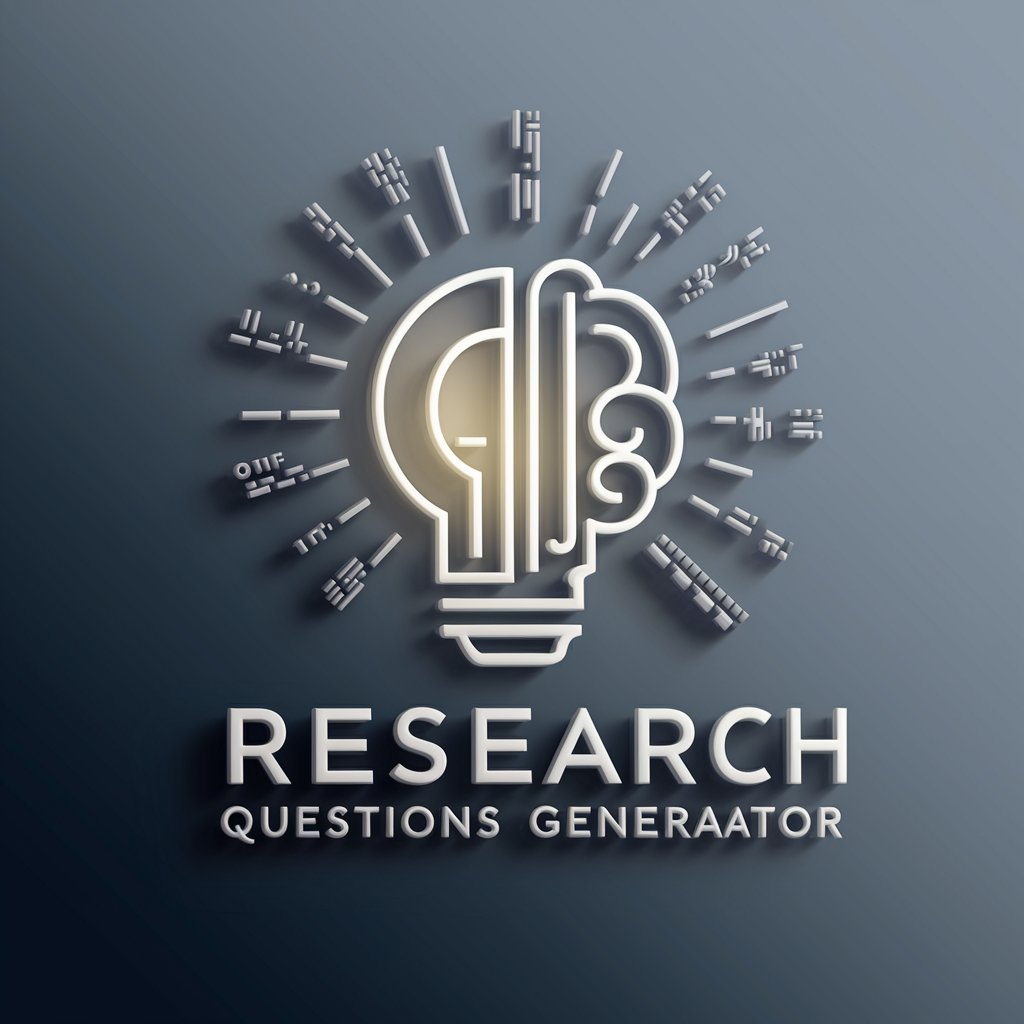
Guía de Nuevo León
Navigate Nuevo León with AI

RB|WP Mentor
Empowering WordPress Development with AI

Cinéfilo
Discover movies your way, powered by AI

Melody Maker
Craft Your Music with AI

Travel Buddy
AI-Powered Personal Travel Assistant

Ageless Advisor
Empowering Graceful Aging with AI
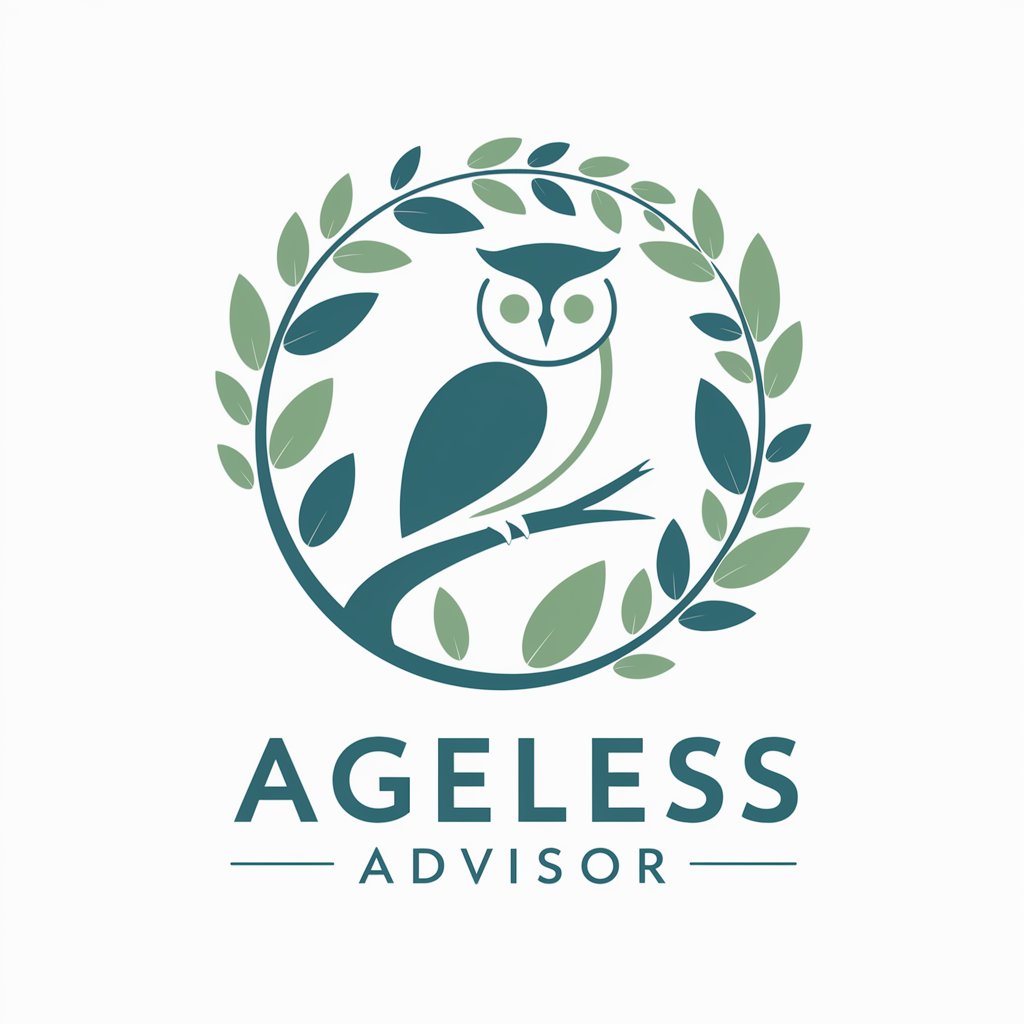
Social Media Clean-Up Crew
Refine your digital footprint with AI

Militant Intel
Unveiling the Art of War with AI

Potter Python
Learn Python with Magic and Fun

Reflective Guide Q&A
What is Reflective Guide?
Reflective Guide is an AI-powered tool designed to assist users in exploring and understanding their core beliefs and behaviors. It leverages cognitive-behavioral therapy (CBT) and acceptance and commitment therapy (ACT) principles to offer reflective questions and insights.
How does Reflective Guide differ from traditional therapy?
While not a substitute for professional therapy, Reflective Guide offers a complementary tool for self-exploration and understanding. It provides immediate, AI-driven feedback based on therapeutic principles to help users reflect on their behaviors and beliefs outside of a clinical setting.
Can Reflective Guide help with anxiety?
Yes, by encouraging users to explore underlying beliefs and behaviors contributing to anxiety, Reflective Guide can offer insights and suggest alternative perspectives or actions that may alleviate some of the symptoms.
Is Reflective Guide suitable for everyone?
Reflective Guide is designed for individuals seeking self-reflection and personal growth. However, it is not intended to replace professional mental health services for those experiencing severe psychological distress.
How often should I use Reflective Guide?
Usage can vary based on personal needs and goals. Some may find daily reflections beneficial, while others might engage with it as needed. Consistent use can enhance self-awareness and promote positive behavioral changes.
